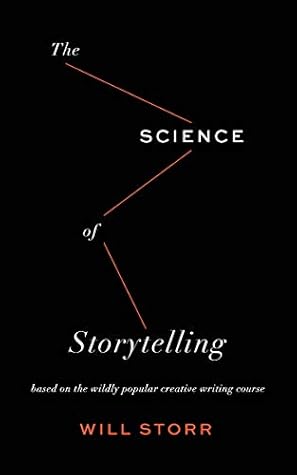The historian Professor Lynn Hunt argues that the birth of the novel helped precipitate the invention of human rights. Prior to the eighteenth century, it was unusual for someone to think to empathise with a member of a different class, nationality or gender. God put us in our rightful place, and that was simply that. But then authors of popular tales such as Pamela (1740), Clarissa (1747–48) and Julie (1791) ‘encouraged a highly charged identification with the characters and, in doing so, enabled readers to empathise across class, sex and national lines’.
Welcome back. Just a moment while we sign you in to your Goodreads account.


